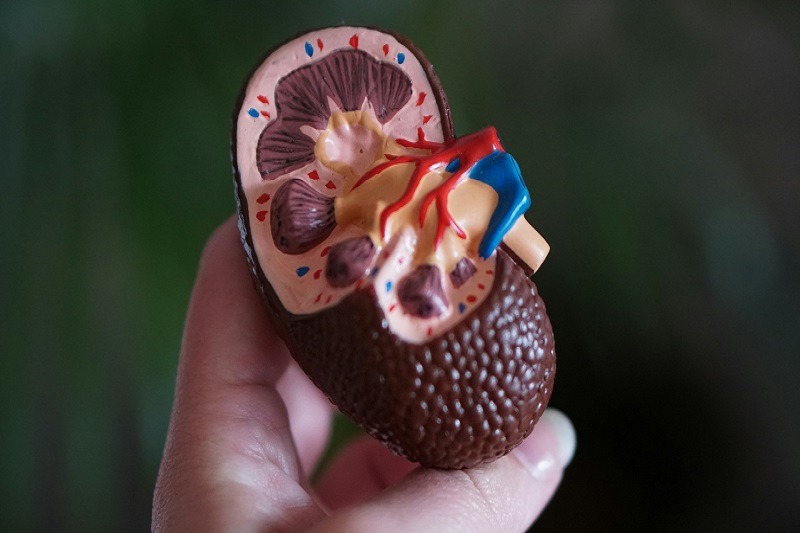The European Medicines Agency's (EMA) Committee for Medicinal Products for Human Use (CHMP) has recommended marketing authorisation for Novartis' Fabhalta (iptacopan) to treat the adult population with C3 glomerulopathy (C3G).

The therapy is intended for C3 glomerulopathy, a rare kidney condition. Credit: Robina Weermeijer on Unsplash.
Subscribe to our email newsletter
The oral Factor B inhibitor of the alternative complement pathway is designed for this rare kidney condition with no approved treatments, which significantly impacts young individuals’ lives.
The CHMP’s positive opinion is grounded in the outcomes from the Phase III trial, APPEAR-C3G.
Fabhalta demonstrated a 35.1% decrease in proteinuria at six months against a placebo.
Secondary data from the study indicated a numerical improvement in kidney function, as measured by estimated glomerular filtration rate (eGFR), with the therapy against a placebo.
Over a 12-month period, subjects treated with iptacopan maintained stable eGFR levels. Further, a long-term extension study showed sustained urine protein to creatinine ratio (UPCR) decrease and eGFR stabilisation over three years with Fabhalta treatment.
The European Commission (EC) is expected to make a final decision on the marketing authorisation within two months, following the CHMP’s recommendation.
Novartis Cardiovascular, Renal and Metabolism Development Unit global head David Soergel said: “If approved, Fabhalta will be the first C3G treatment available for patients living with this severe progressive disease.
“Building on our longstanding expertise in nephrology and recent advancements in kidney diseases, this positive CHMP opinion marks an important step forward for our exciting multi-asset kidney pipeline, underscoring our commitment to making meaningful progress for patients with unmet needs.”
The therapy gained the EC and the Food and Drug Administration (FDA) approval for treating the adult population with paroxysmal nocturnal haemoglobinuria (PNH).
Apart from this therapy, the company is progressing late-stage development of two additional IgA nephropathy (IgAN) therapies which have “highly differentiated” mechanisms of action.
 Advertise With UsAdvertise on our extensive network of industry websites and newsletters.
Advertise With UsAdvertise on our extensive network of industry websites and newsletters.
 Get the PBR newsletterSign up to our free email to get all the latest PBR
news.
Get the PBR newsletterSign up to our free email to get all the latest PBR
news.

